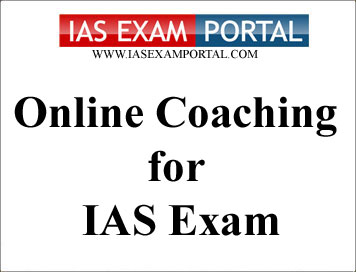(MCQ) IAS PRE GS Online Coaching : Polity - "Directive Principles of State Policy"
Sample Material of Our Online Coaching Programme
(MCQ) Polity: Directive Principles of State Policy
1. Consider the following statements in the context of Directive principles of state policy.
1) Directive principle of state policy are contained in Part III of the Indian
Constitution in Art. 37-51.
2) The idea of DPSP was borrowed from the constitution of Ireland.
3) Constitution of India declares that DPSPs are “fundamental in the governance of the country” (Art. 37).
4) Both the Legislature and the Executive should apply DPSPs while making and implementing policies in social & economic spheres.
Which of the statement given above is / are correct.
a) 1 only
b) 1, 2 & 4 only
c) 2, 3 & 4 only
d) All of the above
2. Which one of the following is an incorrect statement.
a) The Word ‘socialist’ was incorporated into the preamble by the 42nd Amendment Act 1976.
b) The 73rd & 74th Amendment Act in 1997 with Panchayat and Nagarapalika bodies being given constitutional status.
c) 86th Amendment Act of 2002 changed the subject matter of Article 45 made elementary education of fundamental right under Article 21.
d) To promote equal justice and to provide free legal aid to the poor (Article 39-A).
3. Which one of the following statement is not correct regarding the Directive principles.
a) DPSPs are the non-justificiable that is they are not legally enforceable by the courts for their violation.
b) DPSPs require legislation for their implementation they are not automati-cally enforced.
c) DPSPs aim is to establishing political democracy in the country.
d) The courts cannot declare a law violative of any of the directive principle as unconstitutional and unvalid.
4. Consider the following statements:
1) 86th Amendment Act 2002 stated that the state shall endeavour to provide
early childhood care and education (ICCE) for all children until they complete
the age of six years.
2) The amendment to Hindu succession Act of 2005 state that the Daughter is
given a share in the ancestral property.
Which of the statements given above is / are correct.
a) 1 only
b) 2 only
c) Both 1 & 2
d) Neither 1 nor 2


